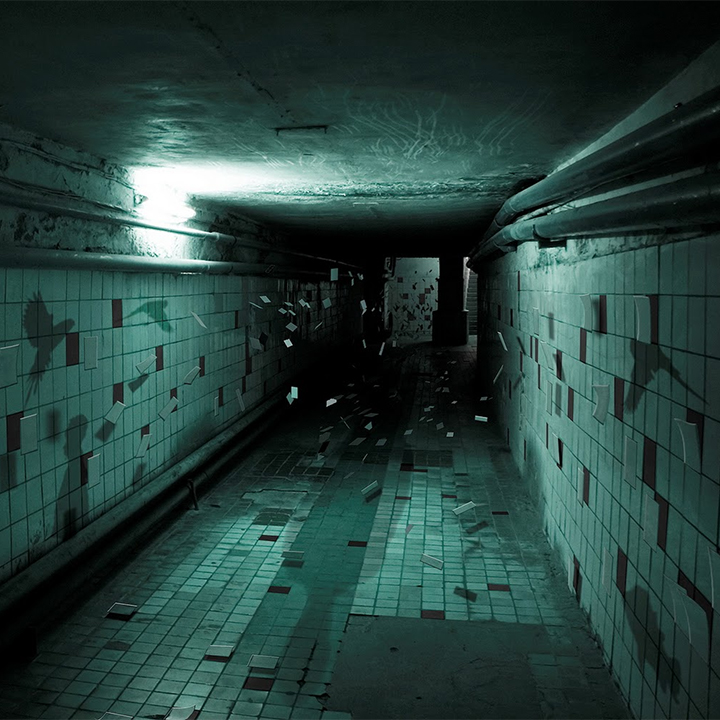
Horror games are unique; they stand out against other genres. However, one of the main reasons for this is because there aren’t many of them. I’ve played far fewer horror games than action, platform, or any other type of game. Yet, I would prefer that to be the other way around, and here are eight reasons why.
The best ones require simple gameplay
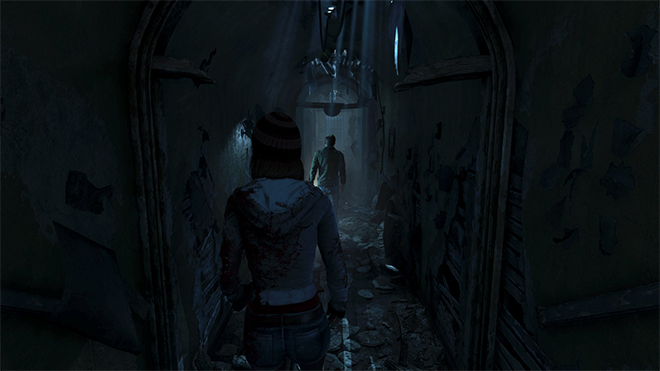
The best horror games are simple and don’t require amazing gameplay. Games like Amnesia: The Dark Descent and Outlast have kept their gameplay straightforward with their “can’t fight back” approach. This simplicity enhances the scares and horror of a game when you can’t defend yourself against the enemy. Developers don’t have to worry about creating a wide range of weapons, as seen in the Call Of Duty franchise. Instead, they can rest easy, knowing that walking and running are the only gameplay elements really needed.
They don’t need massive maps
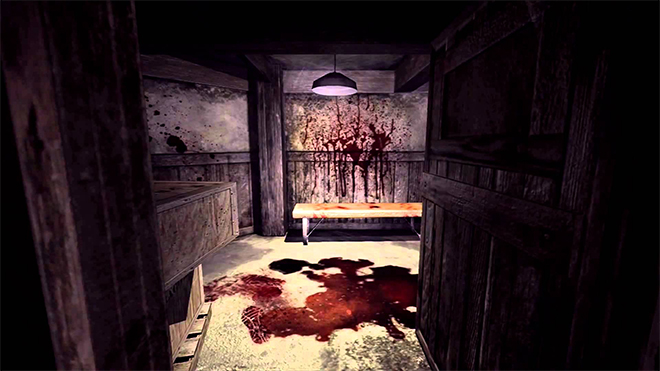
Horror games also don’t require massive maps like Skyrim, Fallout, and The Witcher. A good map in a horror game usually involves long, narrow halls or dark, poorly lit rooms. The smaller the map, the better, as it adds to the drama and scares of horror games. Developers won’t have to worry about spending hundreds of hours developing a map that’s too big for its own good (looking at you, Metal Gear Solid V).
Boring / repetitive side quests
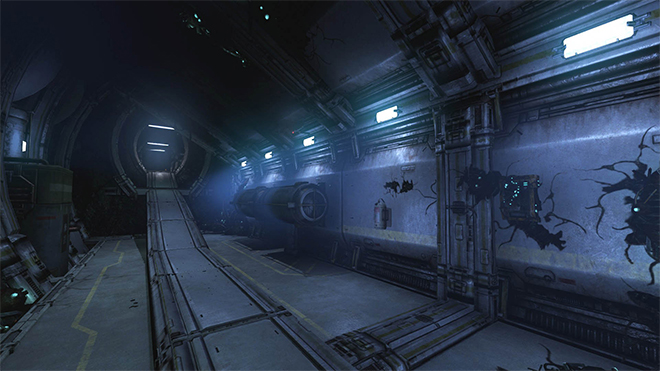
When you create a large map in a game, you have to ensure it’s filled with content to make exploration worthwhile. This was one of the issues I encountered while playing Metal Gear Solid V: The Phantom Pain. Most of the map felt empty and didn’t encourage exploration as much as I experienced in Fallout and Skyrim. While a massive map with loads of content can result in hundreds of hours of gameplay, it often involves boring, repetitive side quests, such as searching for items or repeatedly eliminating enemies. Horror games don’t require such additional content because it’s the main story and scares that are important, not the extra elements.
Collecting bonus items is fun / scary
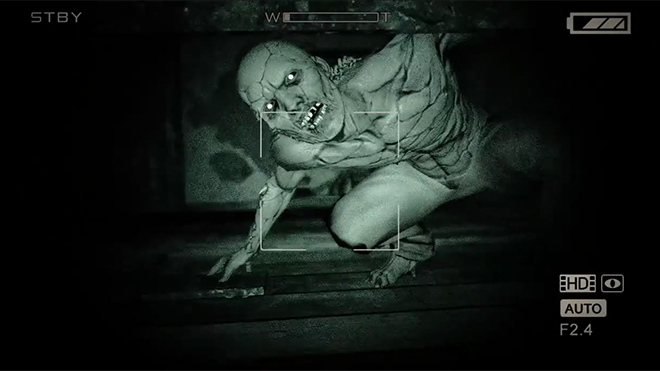
Collecting bonus items is a common element in many contemporary games, but they often tend to be rather mundane. Personally, I’ve never been particularly drawn to collecting all the treasures in the Uncharted series or files in Call Of Duty campaigns. However, collecting bonus items in horror games adds a thrilling element. I found great enjoyment in discovering each file and tape in Outlast, especially given the context of playing a journalist whose job involves investigation, piecing together the narrative of what happened at the Mount Massive Asylum. The intensity is heightened when collecting these items, knowing that I can’t eliminate all the enemies and thoroughly explore my surroundings afterward.
The Story
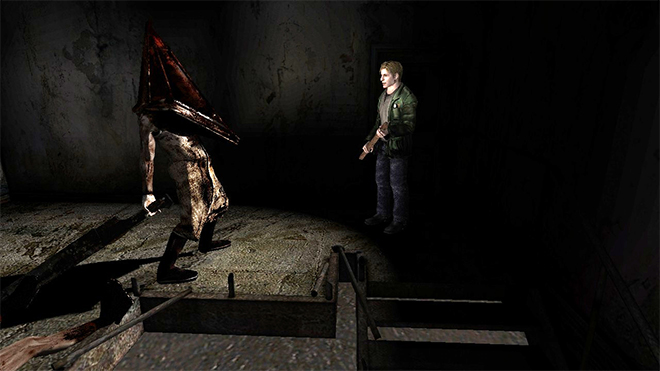
A good game requires a compelling story, and the narratives in horror games are typically simple and easy to follow. Developers don’t need to concern themselves with crafting intricate plots filled with numerous twists and confusing dialogue. Instead, their focus can be on creating compelling villains and establishing a clear storyline that explains how and why the player’s character is in that situation. This approach not only simplifies the game but also contributes to a more engaging and straightforward experience, which is often preferable.
Focus on quality not quantity
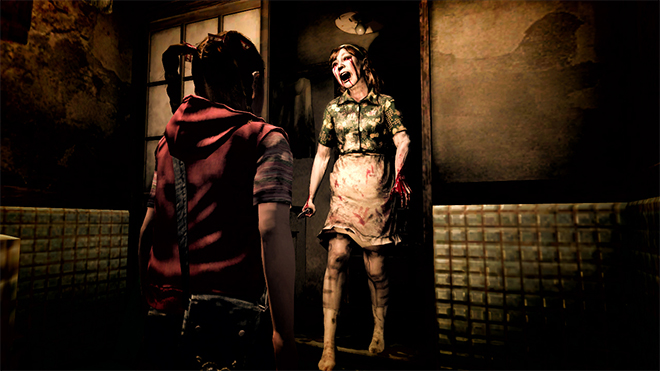
Always go with quality over quantity. I have never played a horror game that has a hundred hours of gameplay, but that’s OK because I don’t expect that from a horror game. When watching a horror movie, it’s not the number of scares that are important; it’s how memorable the scares are. The same goes for horror games. Developers don’t have to worry about making a massive game filled with content. Instead, they get to focus on scaring people, and that’s it.
Horror games receive great reviews
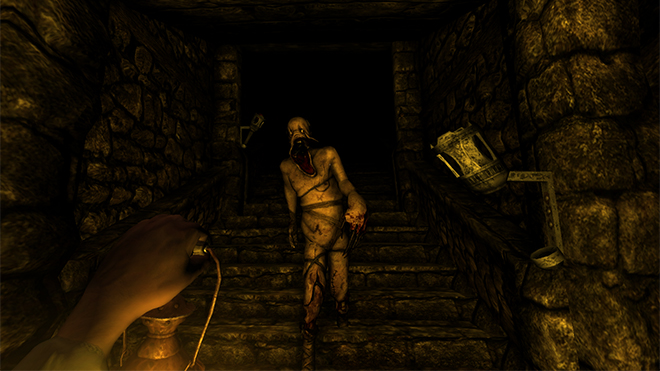
If you focus on quality over quantity, you will receive good reviews. Amnesia: The Dark Descent, Soma, and Outlast have a 10/10 rating on Steam. Five Nights At Freddy’s has a 4.5/5 on Google Play. Alien: Isolation and The Forest have a 9/10 on Steam. Positive reviews will lead to word-of-mouth promotion, and the games will sell.
Memorable
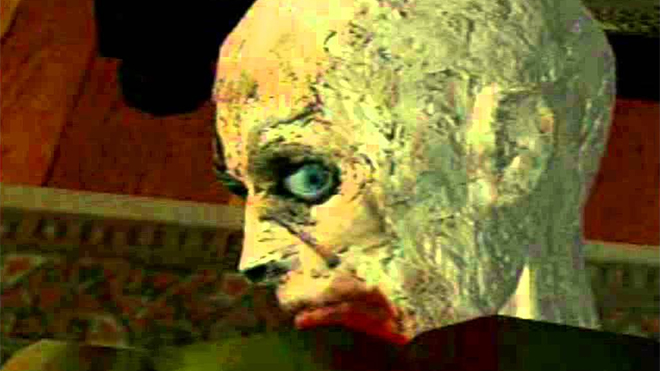
A good horror game will stand the test of time, more so than any other game genre. There are numerous memorable horror games, both recent and old. I will always remember the first zombie in Resident Evil and Pyramid Head from Silent Hill. These simple yet scary moments helped shape Capcom and Konami into the influential entities they are today. The same potential exists for anyone who creates a memorable horror game.
And there we have it—8 reasons why developers should create more horror games. Thank you for reading. Please like, share, and comment with your opinions. Also, feel free to follow me on Twitter X @rhysbritton.

